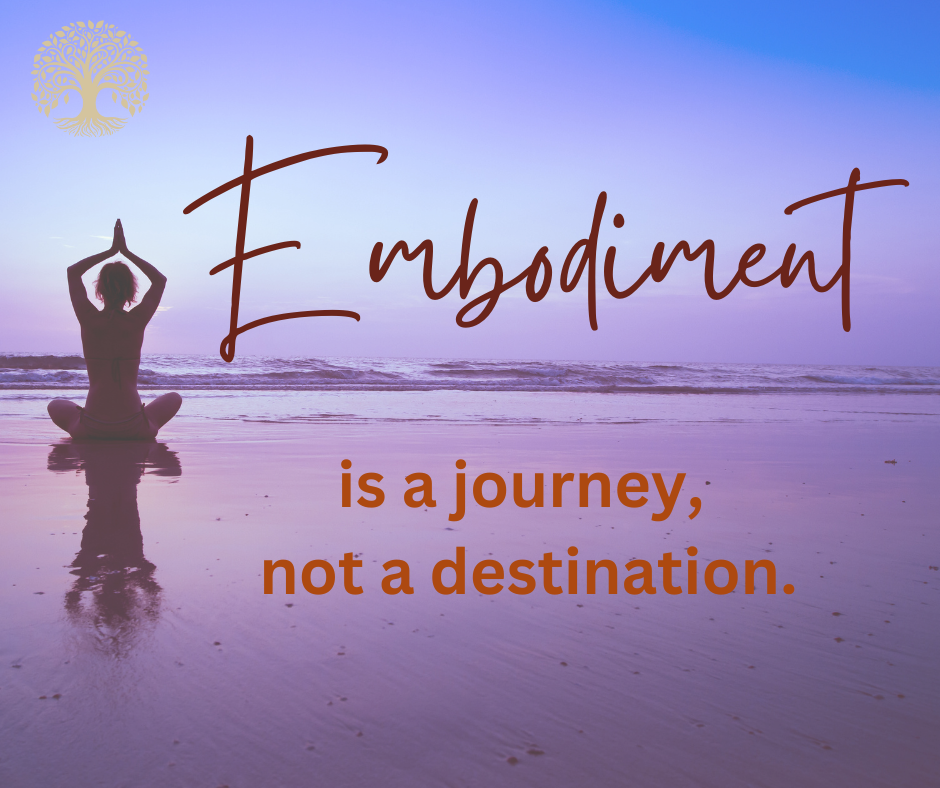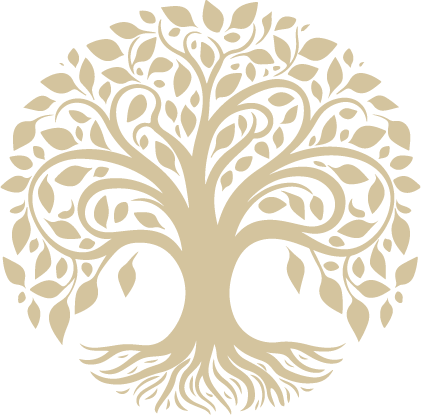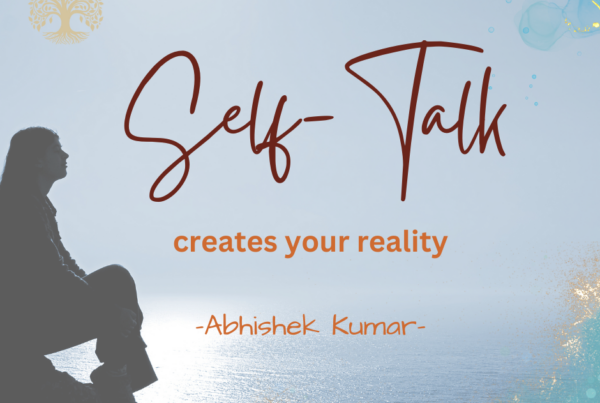
Let’s explore the Power of Embodiment💟
We hear more and more about Embodiment but what does it actually mean? It is a deeply transformative practice that calls us to live fully in our bodies, embracing all that we are, here and now. But why is embodiment so important, and what does life look like when we truly become embodied?
☀The need for Embodiment
In our fast-paced, especially on-line world, it’s easy to become disconnected from our bodies. We spend so much time in our heads, planning, analyzing, worrying, that we often forget to actually “feel”. This disconnect can lead to a sense of numbness, anxiety, or even burnout. We might go through the motions of our day but without a real sense of presence or vitality.
Embodiment is about coming back to our senses, quite literally. It’s about feeling our feet on the ground, our breath in our lungs, the sensations in our skin. It’s recognizing that our bodies are not just vehicles for our brains, but integral parts of who we are. By practicing embodiment, we honor our physical selves and acknowledge the wisdom they hold.
☀How Life can change when we become embodied.
When we become embodied, we experience life in a richer, more textured way. Simple moments take on new meaning as for example eating a meal, feeling the sun on our face, even just walking down the street. These aren’t just mundane activities; they become opportunities for connection and gratitude.
☯Increased presence and mindfulness:
Being embodied means being present. Instead of rushing through life on autopilot, we start to notice the details, the taste of our food, the sound of the wind, the warmth of a hug. This mindfulness helps us appreciate the present moment and reduces stress and anxiety.
☯Emotional awareness and resilience:
Our bodies are reservoirs of emotions. By tuning into them, we become more aware of our feelings and can respond to them more compassionately. This awareness helps us build emotional resilience, as we learn to navigate our feelings instead of being overwhelmed by them.
☯Authentic connections:
When we are fully present in our bodies, our interactions with others become more authentic. We listen more deeply, speak more truthfully, and connect more genuinely. This leads to stronger, more meaningful relationships.
☯Enhanced well-being:
Embodiment practices often include movement, whether it’s yoga, dance, or simply walking in nature. These activities not only keep us physically healthy but also improve our mental and emotional well-being. Moving with awareness can release tension and bring joy.
☯Self-Acceptance:
By embracing our bodies, with all their imperfections, we cultivate self-love and acceptance. We learn to appreciate what our bodies can do rather than criticize how they look. This shift in perspective can be incredibly liberating and empowering.
☀Embracing the Journey of Embodiment
The journey to embodiment isn’t a destination but an ongoing process. It’s about making small, conscious choices each day to come back to our bodies. It might start with simple practices like mindful breathing, taking a few minutes to stretch, or just being aware of how we feel in a given moment.
As we continue on this path, we may find ourselves more in tune with our needs and desires. We might set better boundaries, take more rest, or pursue activities that bring us joy. Embodiment is a way of taking our power back reclaiming our lives, honoring our bodies, and living more authentically.
In a world that often values productivity over presence, embodiment is a radical act of self-care and self-love. It’s about saying yes to life in all its messiness and beauty, and finding peace in the here and now. By embodying our true selves, we can lead richer, more fulfilling lives. We can connect more deeply with others and ourselves, experience greater joy, and navigate challenges with grace. Embodiment is not just a practice, it’s a way of being that opens us up to the full spectrum of human experience. So, let’s embrace it wholeheartedly! 💜



